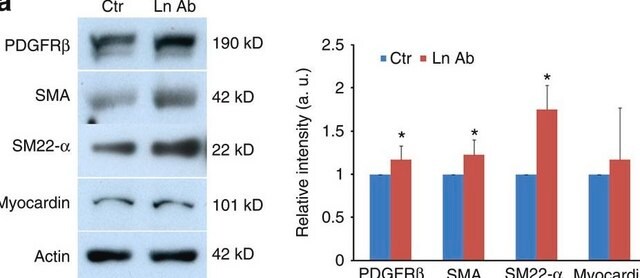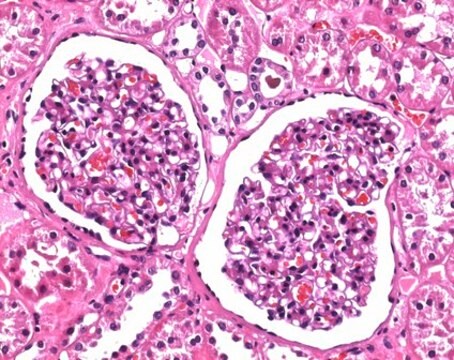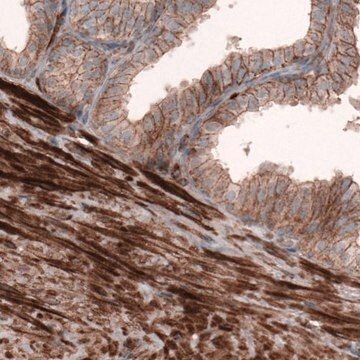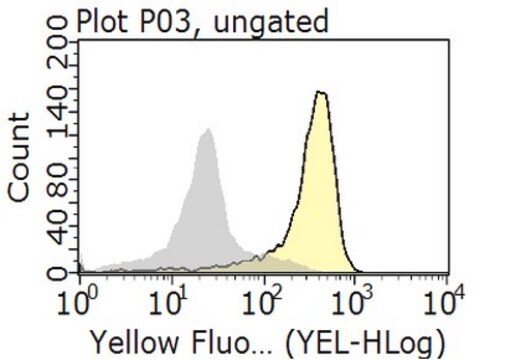ABT28
Anti-Autotaxin Antibody
from rabbit, purified by affinity chromatography
Sinónimos:
Ectonucleotide pyrophosphatase/phosphodiesterase family member 2, E-NPP 2, Autotaxin, Extracellular lysophospholipase D, LysoPLD
About This Item
Productos recomendados
origen biológico
rabbit
Nivel de calidad
forma del anticuerpo
affinity isolated antibody
tipo de anticuerpo
primary antibodies
clon
polyclonal
purificado por
affinity chromatography
reactividad de especies
human
reactividad de especies (predicha por homología)
canine (based on 100% sequence homology), mouse (based on 100% sequence homology), bovine (based on 100% sequence homology), rat (based on 100% sequence homology)
técnicas
immunohistochemistry: suitable (paraffin)
western blot: suitable
Nº de acceso NCBI
Nº de acceso UniProt
Condiciones de envío
wet ice
modificación del objetivo postraduccional
unmodified
Información sobre el gen
human ... ENPP2(5168)
Descripción general
Especificidad
Inmunógeno
Aplicación
Immunohistochemistry Analysis: A 1:400 dilution from a representative lot detected Autotaxin in human cerebral cortex and ductal carcinoma tissues.
Calidad
Western Blot Analysis: 0.5 µg/mL of this antibody detected Autotaxin in 10 µg of oligodendrocyte precursor cell lysate. Western Blot performed without Tween.
Descripción de destino
3 isoforms are produced by alternative splicing with molecular weights of 99, 105, and 101 kDa The calculated molecular weight of this protein is 99 kDa, but can be observed at ~125 kDa due to high glycosylation. An uncharacterized band may appear at ~35 kDa in some lysates.
Nota de análisis
Oligodendrocyte precursor cell lysate
Otras notas
¿No encuentra el producto adecuado?
Pruebe nuestro Herramienta de selección de productos.
Código de clase de almacenamiento
12 - Non Combustible Liquids
Clase de riesgo para el agua (WGK)
WGK 1
Punto de inflamabilidad (°F)
Not applicable
Punto de inflamabilidad (°C)
Not applicable
Certificados de análisis (COA)
Busque Certificados de análisis (COA) introduciendo el número de lote del producto. Los números de lote se encuentran en la etiqueta del producto después de las palabras «Lot» o «Batch»
¿Ya tiene este producto?
Encuentre la documentación para los productos que ha comprado recientemente en la Biblioteca de documentos.
Nuestro equipo de científicos tiene experiencia en todas las áreas de investigación: Ciencias de la vida, Ciencia de los materiales, Síntesis química, Cromatografía, Analítica y muchas otras.
Póngase en contacto con el Servicio técnico








